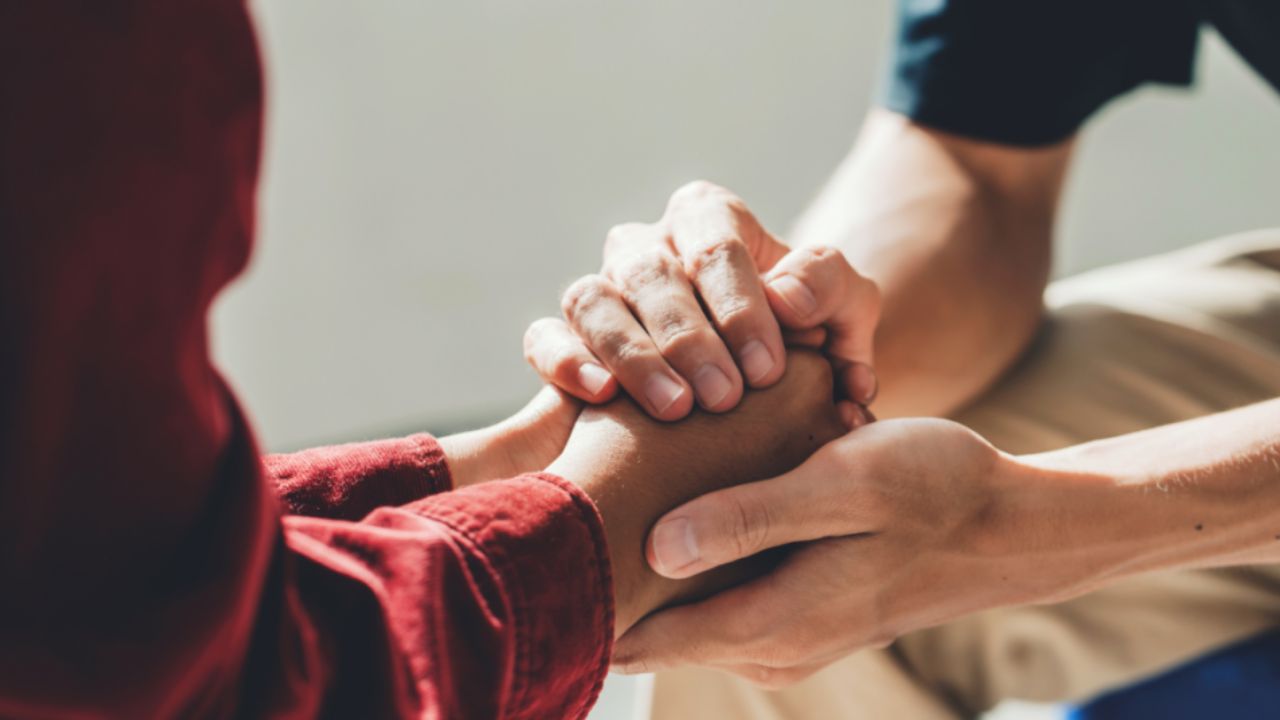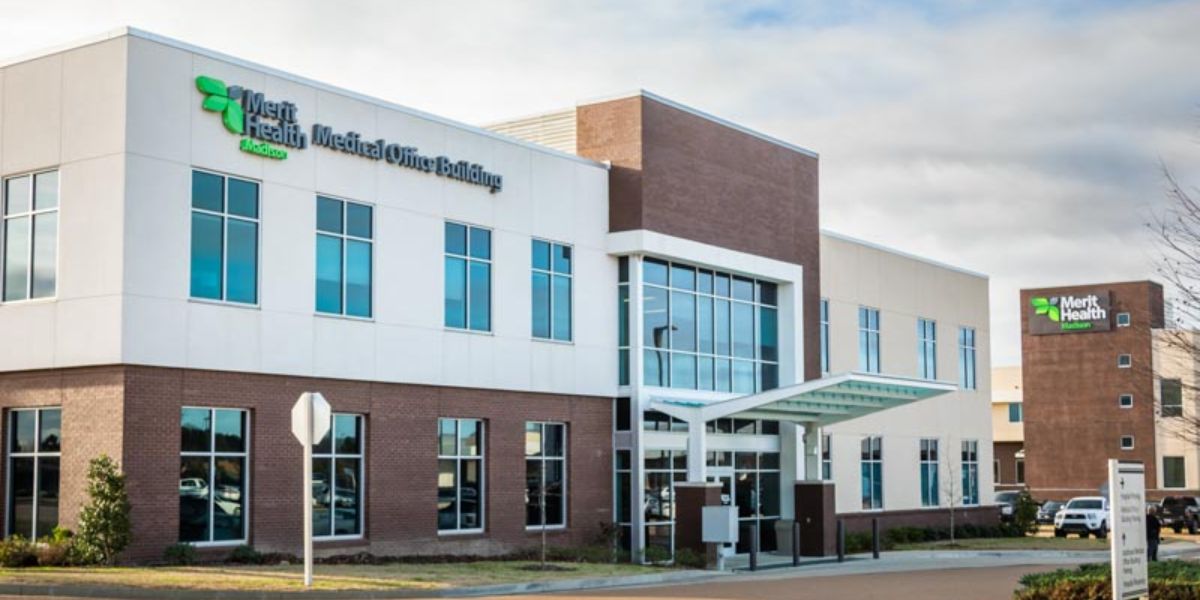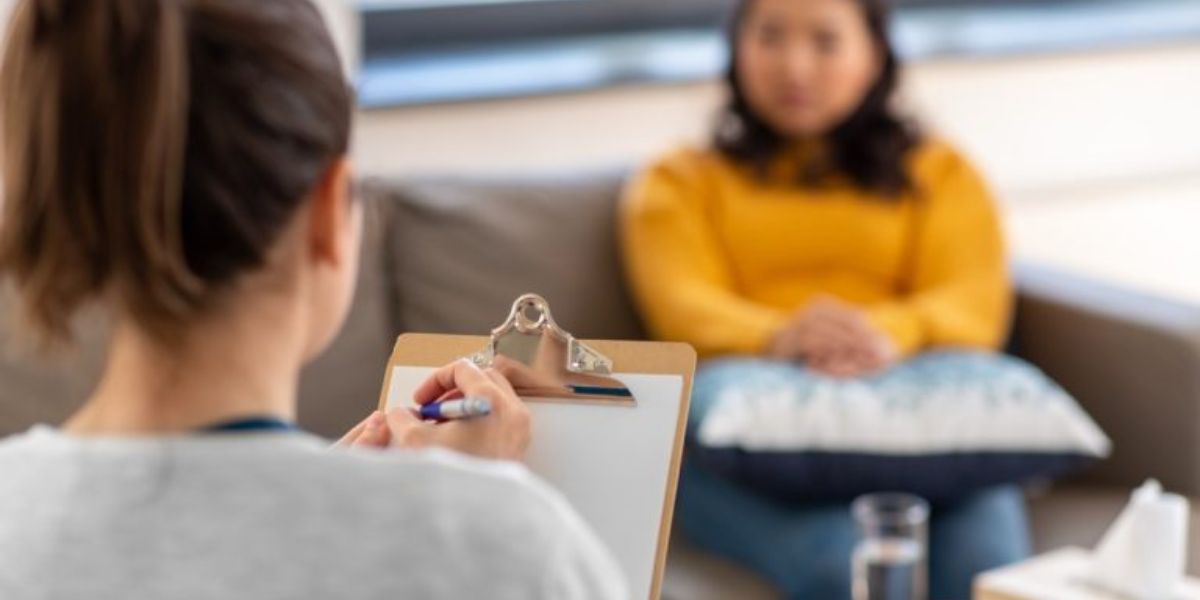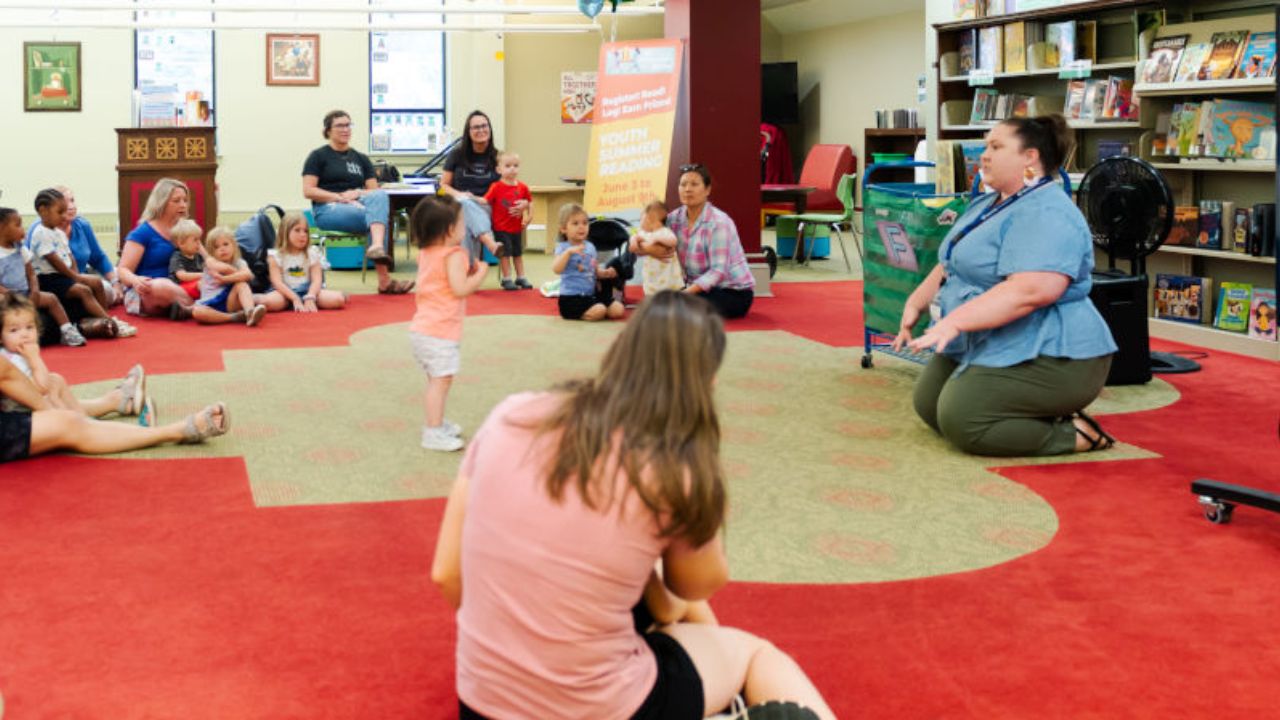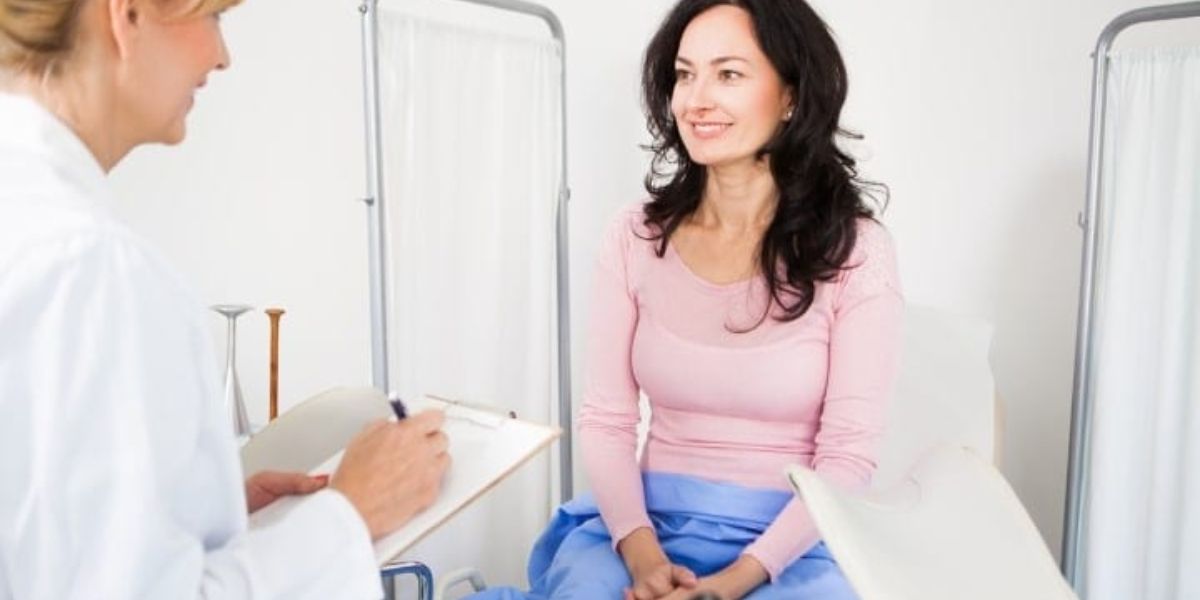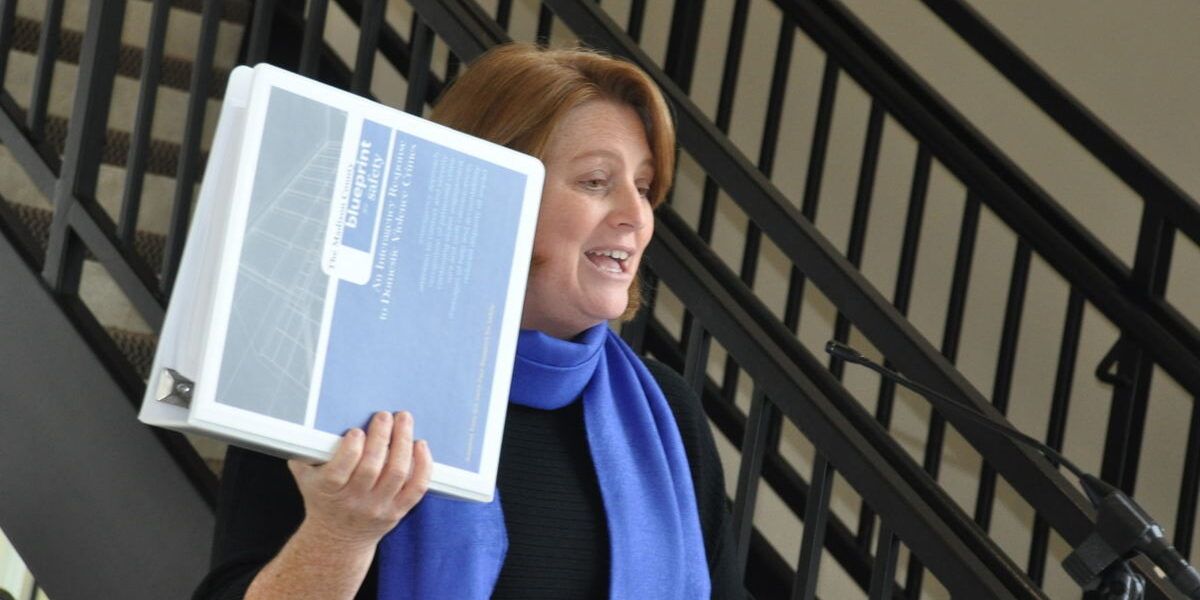Successfully completing detox is a major milestone for anyone overcoming substance use. However, detox is only the first step in the journey toward sustained recovery. For residents of Madison County, the transition from short-term detox care to long-term recovery can be strengthened by understanding available local support systems, treatment programs, and community-based resources that help maintain sobriety and rebuild a stable life.
Understanding the Detox Process
Detoxification is the process of safely managing withdrawal symptoms as substances leave the body. It is often done under medical supervision to ensure safety and comfort. While detox addresses the physical aspects of addiction, it does not resolve the underlying psychological, emotional, or social factors that contribute to substance use. Without proper follow-up treatment, individuals are at a higher risk of relapse shortly after detox.
Table of Contents
That’s why transition planning is vital — ensuring that each person moves from detox into a comprehensive recovery program that supports long-term healing.
The Importance of Continuing Care After Detox
Many people assume recovery ends once detox is complete. In reality, this is where recovery truly begins. Long-term sobriety requires structured follow-up care, often including therapy, medication-assisted treatment (MAT), peer support, and lifestyle changes.
Continuing care focuses on:
- Addressing mental health conditions that often co-occur with addiction
- Building coping skills to handle stress and triggers
- Reconnecting with family and community support systems
- Developing routines that promote health and stability
By remaining engaged in ongoing recovery services, individuals strengthen their ability to maintain sobriety and rebuild a fulfilling life.
Madison County’s Approach to Integrated Recovery
In Madison County, recovery care emphasizes an integrated model — connecting primary care, behavioral health, and addiction recovery services. Clinics like the Madison County Community Health Center (MCCHC) have implemented coordinated programs that bridge the gap between detox and recovery. Patients leaving detox are immediately referred to counseling, group therapy, and medical providers who understand their recovery needs.
This integration ensures no one falls through the cracks. By aligning physical and mental health treatment, providers in Madison County help individuals receive consistent care that supports both body and mind during the fragile early stages of recovery.
Key Recovery Resources in Madison County
Madison County offers several resources and programs that provide long-term recovery support:
- Medication-Assisted Treatment (MAT): Clinics provide evidence-based care using medications like buprenorphine or naltrexone to reduce cravings and prevent relapse.
- Outpatient Counseling: Behavioral health professionals offer therapy for individuals and families coping with addiction.
- Peer Recovery Groups: Organizations host group meetings and mentorship opportunities for people in recovery.
- Housing Assistance Programs: Safe and sober living environments are available for those rebuilding stability post-detox.
- Employment and Education Support: Local workforce programs assist individuals re-entering the job market while maintaining their recovery.
Many of these programs operate in collaboration with the Madison County Health Department, community health centers, and nonprofit organizations dedicated to addiction recovery.
Building a Personalized Recovery Plan
Every person’s path to recovery is unique. A successful transition from detox depends on a personalized recovery plan that reflects individual needs and goals. This often includes a mix of therapy sessions, support group meetings, medication management, and practical support like housing or job placement.
Recovery specialists in Madison County work closely with clients to develop these customized plans. They monitor progress, adjust treatment as needed, and provide encouragement throughout the journey. Consistency and connection are key factors in sustaining recovery over time.
The Role of Family and Community Support
Family involvement can make a significant difference during long-term recovery. Loved ones who understand addiction and recovery can help create a more supportive home environment. Madison County’s family programs and education workshops teach families how to communicate effectively, set boundaries, and encourage accountability without judgment.
Community engagement also reinforces recovery success. Volunteering, joining local support networks, and attending events organized by recovery coalitions help individuals feel connected and valued, reducing the sense of isolation that can trigger relapse.
Overcoming Challenges in the Recovery Journey
Recovery is rarely a straight line. Relapse may occur, but it doesn’t mean failure. Instead, it’s an opportunity to reassess and strengthen one’s recovery plan. Madison County providers focus on creating relapse prevention strategies, such as identifying high-risk situations, building healthy routines, and seeking early intervention when warning signs appear.
Regular follow-up appointments with counselors and care providers keep individuals accountable and supported, even years after detox.
Creating a Sustainable Future in Recovery
Long-term recovery is about rebuilding life — restoring health, purpose, and relationships. With Madison County’s growing network of recovery-focused services, residents can access a continuum of care that starts with detox and continues into lifelong wellness.
Through collaboration between healthcare professionals, family support programs, and peer networks, individuals are empowered to maintain sobriety and contribute positively to their communities.
Call to Action:
If you or someone you know is transitioning from detox to recovery, explore local programs and counseling services through MCCHC and Madison County’s community partners. Taking the next step today can lay the foundation for a lifetime of recovery, stability, and health. Visit mcchc.org to learn more and connect with local support.



